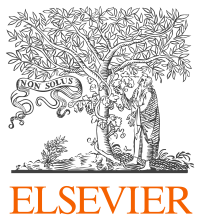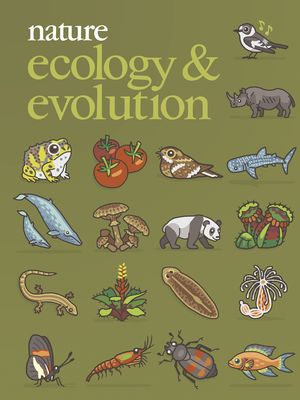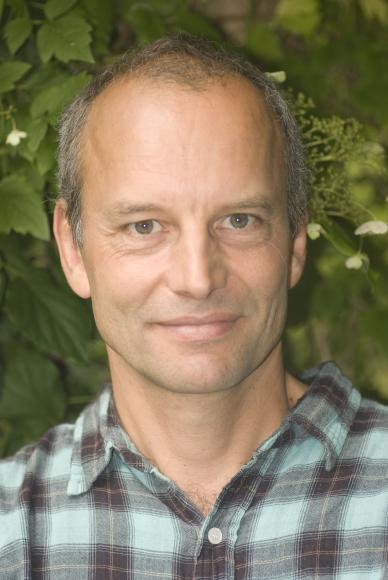
Who will admit to keeping poor records, gifting authorship, or even more obvious forms of misconduct such as plagiarism? Simon Godecharle at University of Leuven and his colleagues asked 2000 scientists from academia and industry in Belgium, and reported their findings in a recent paper for Science and Engineering Ethics. We spoke to Godecharle about the fact that most respondents admitted to engaging in at least one of the 22 items designated as misconduct — and why he thinks people in academia were more likely to ‘fess up than industry scientists.
Retraction Watch: You didn’t limit misconduct to fraud and plagiarism, and instead included problematic behaviors such as cutting corners to save time, gift authorship, and poor record-keeping. Still, you showed that 71% of respondents from academia and 61% of respondents from industry admitted to engaging in at least one of the 22 forms of misconduct. Did those numbers surprise you?
Continue reading Who reports more misconduct: Scientists in industry or academia?

 A researcher whose
A researcher whose  A company that indexes journals — which, in turn, designates their impact factors — has delisted
A company that indexes journals — which, in turn, designates their impact factors — has delisted  As many readers know, we’ve been hard at work curating a comprehensive database of retractions, and are now
As many readers know, we’ve been hard at work curating a comprehensive database of retractions, and are now 
 Last month,
Last month, 

 One journal broke a retractions record by
One journal broke a retractions record by